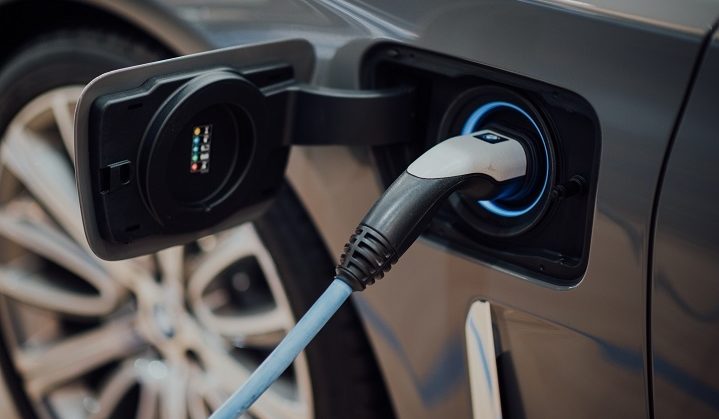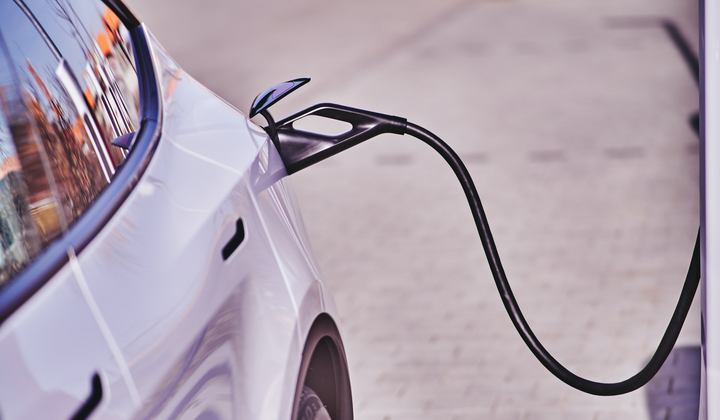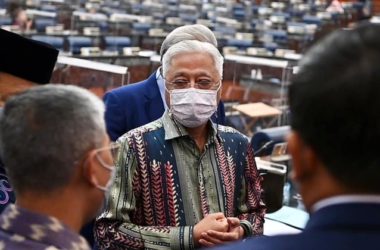Electric vehicles (EVs) are poised to become the future of transportation. EVs offer a way to drastically reduce carbon emissions and improve air quality, while also providing a quiet, smooth, and efficient driving experience. Additionally, as battery technology continues to improve and charging infrastructure becomes more widespread, EVs are becoming increasingly practical for everyday use.
Last week, the Ministry of International Trade and Industry (MITI) announced that Malaysia is set to establish approximately 4,000 EV charging points this year and 10,000 by 2025. As of now, the country has 900 EV charging points.
With the government offering incentives and setting ambitious targets for the adoption of EVs, it’s clear that EVs are set to play a major role in the future of transportation.
According to Malay Mail, MITI Minister Datuk Seri Tengku Zafrul Abdul Aziz said that discussions are underway with local producers Proton and Perodua to speed up the production of national EVs and introduce more affordable EVs.
Additionally, the guidelines for approved permits are being improved to provide more flexibility in terms of the maximum number of completely built-up vehicle imports for market research and pre-assembly of EVs.
This will give local assemblers the opportunity to evaluate the needs of the new market in the EV segment before production. The goal is to expand the range of EV options available in the market for consumers.

Between 2018 and September 2022, the government has approved investments into EV ecosystem totalling RM14.7 billion, covering the assembly of vehicles, EV components and charging components, according to The Edge Markets.
Tengku Zafrul added that Samsung SDI Energy Malaysia Sdn Bhd has received approval for its investment of RM7 billion to establish an EV battery cell manufacturing facility in Malaysia, making it the company’s first production location in Southeast Asia.
The National EV Task Force (NEVTF) is responsible for assessing current policies, overseeing program and initiative implementation, and creating new policies and initiatives for the overall development of Malaysia’s EV industry.
He said that the success of NEVTF’s initiatives is evident in the significant increase in EV demand, particularly for full electric battery EVs, with demand reaching over 3,400 units in 2022 compared to an average of 300 units in previous years.









